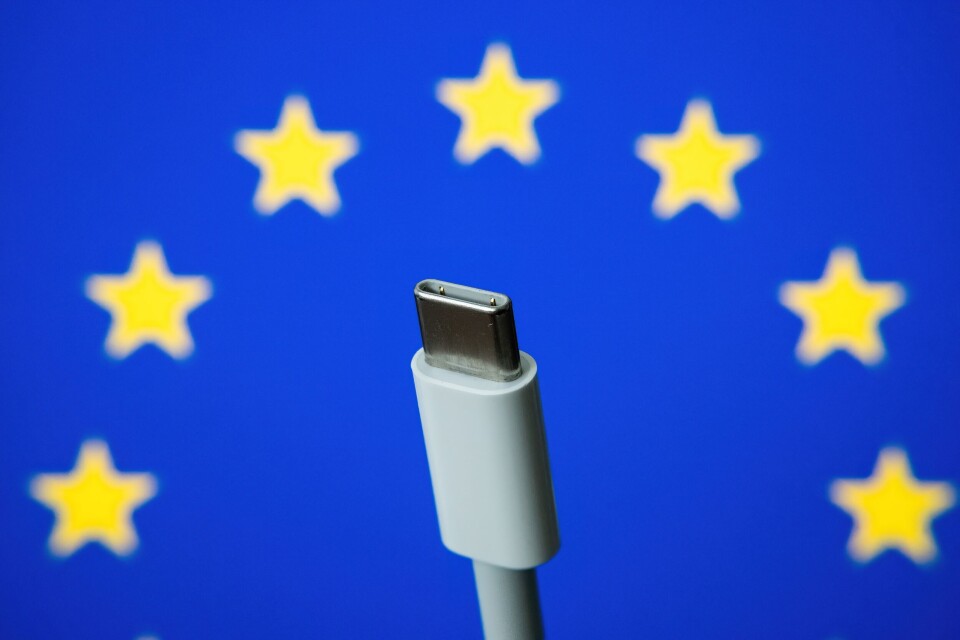-
Six good news stories from France in 2025
From revolutionary eye surgery and sporting successes, to successful fundraising for iconic French brands, the year was full of feel-good news
-
Why is New Year's Eve known as Réveillon de la Saint-Sylvestre in France?
You may have heard French friends use this term but they might not know where it comes from
-
French farmer protests: union calls for ‘mass restart’ of action
January 7 is highlighted as day for key action - other unions are yet to commit
Charging cables to be standardised in European Union from 2024
The European Parliament has adopted a law requiring all portable devices sold in the bloc - such as phones - to have a USB-C port. Laptops will be included from 2026

Phone chargers are set to be standardised to a USB-C type charging port in EU countries by the autumn of 2024, after the European Parliament voted in favour of the change on Tuesday (October 4).
MEPs voted for the USB-C type to become obligatory for all phones, tablets, consoles, and other portable devices sold in the European Union. Laptops and portable computers will also be required to have the port by the start of 2026.
The text was popular, with 602 votes in favour, 13 votes against, and eight abstentions.
Maltese MEP Aguis Saliba was among those to welcome the result. He said: “This is a big day for consumers, and a big day for the environment.”
Environmentally sound
One of the major motivations for the proposal is that it will help the environment, by enabling people to use the same chargers for every device. This will remove the need to purchase a new charger with each new device, and stop people from throwing away their old chargers in the process.
People in the EU currently spend around €2.4billion per year on chargers alone. The new rule is expected to help the public save €250million annually, the European Commission said.
Decades of attempts
It comes after the European Parliament had been working on a similar proposal for years, including agreeing to the vote with the member states in June, and a decade of attempts to require devices to have a single type of charging port.
Read more: Phones, cameras, tablets: A universal charger system to be voted in by EU
Major manufacturers, such as Apple, had been opposed to the idea. Currently, Apple devices have their own charger type, the Lightning port. This is different from Android phones and other portable devices, many of which already use the USB-C port (although some have micro-USB or USB-3).

Image: iunewind / Shutterstock
The new ruling in Europe will apply to:
- Smartphones
- Tablets
- E-readers
- Wireless headphones
- Portable games consoles
- GPS navigators
- Keyboards and computer mice
- Portable storage units
This will apply no matter their country of origin or their manufacturer; if they are sold in the European Union, they will need to have a USB-C port.
























